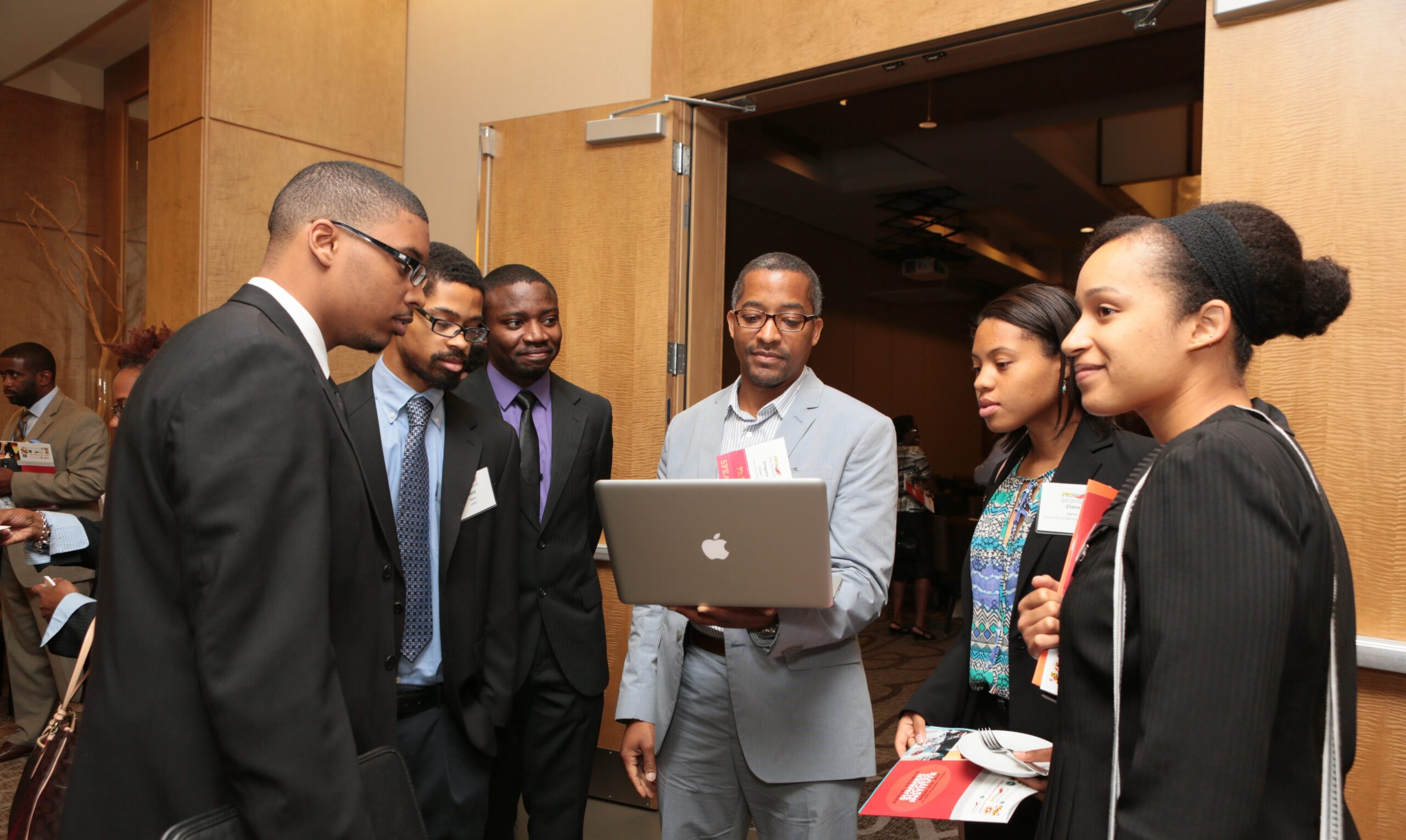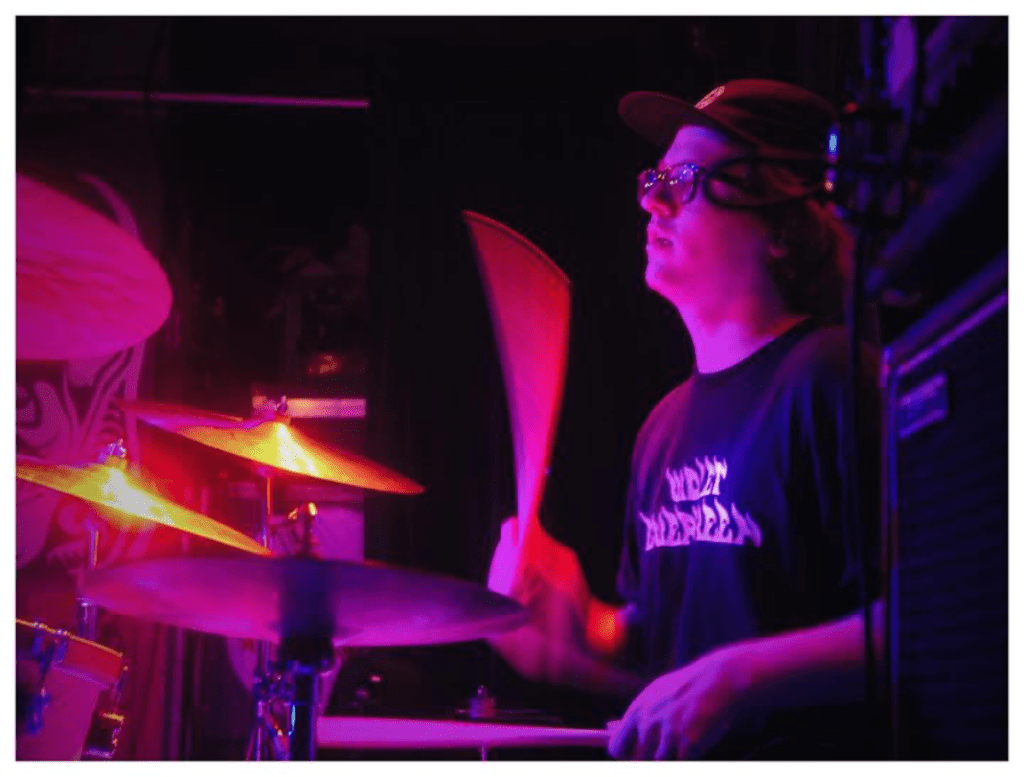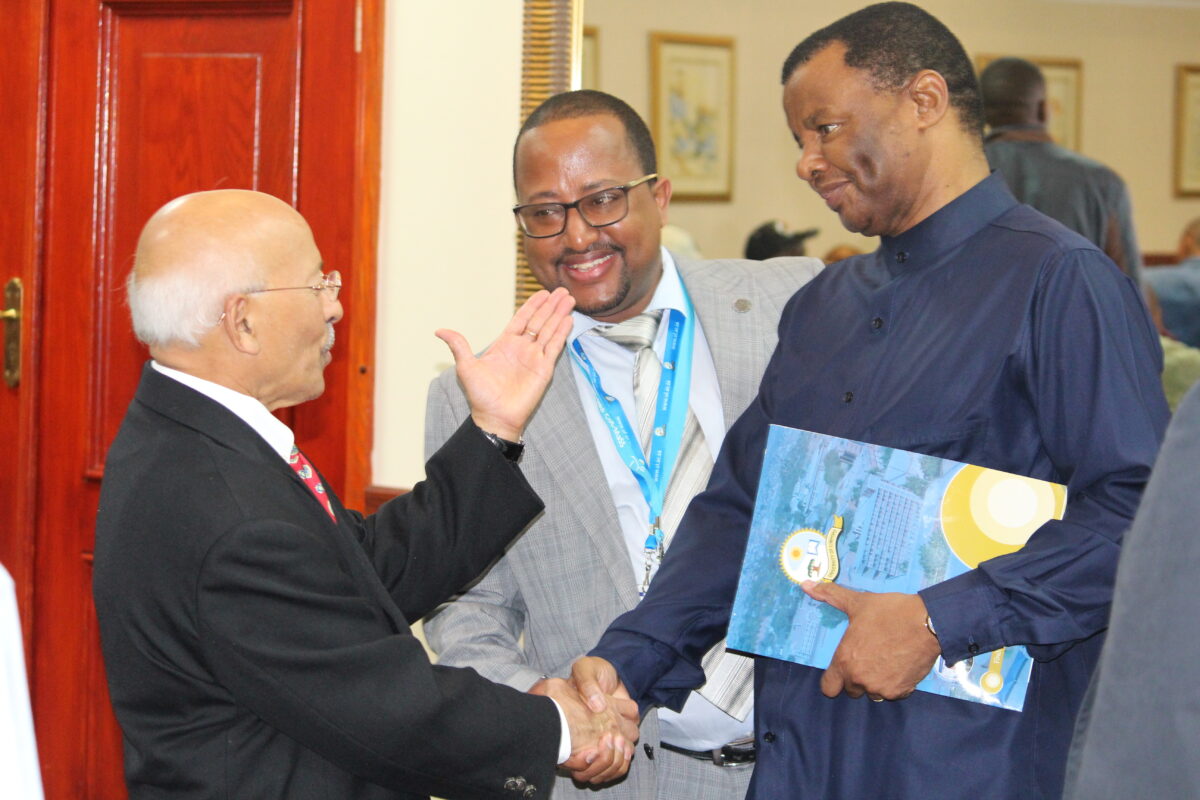The Christian Science Monitor recently examined challenges that many graduate students from underrepresented groups experience, such as isolation, mentors who may not understand their perspectives and backgrounds, and a feeling of being unwelcome. Writer Schuyler Velasco focused on programs that address these challenges at leading U.S. research universities, including Vanderbilt and UMBC.
These programs “tackle the issue of treating those experiences of ‘otherness’ as a challenge as important as getting enough study time,” writes Velasco. They do so by providing emotional support resources, creating opportunities to connect with mentors of similar backgrounds, and monitoring racial and gender dynamics to ensure research and learning environments live up to their inclusive ideals, to ensure that these students succeed.
Renetta Tull, associate vice provost for graduate student development and postdoctoral affairs, addressed UMBC’s efforts to promote retention of minority students. “Having a community that says, ‘You are us,’ and having affinity groups that remind people how they are part of that broader community can be helpful, and lead to more opportunities to connect,” she said.
Only 2.5 percent of professors in engineering nationwide are black, and 40 percent of women who earn engineering degrees leave the field early or never enter it at all. These sobering statistics are the backdrop for Tull’s work.
The Summer Success Institute, hosted annually since 2003 at UMBC and other USM institutions, is “a retreat that invites faculty from other universities in the U.S. and overseas to serve as ‘mentors-in-residence’ for graduate students across the Maryland university system,” writes Velasco. And it’s working.
“In many cases, students have never had a faculty member who looked like them and engaged them outside the classroom,” shares Tull. “It’s a way for the students to discuss issues they may be having and not feel alone.” In addition, participating in the institute can lead to job offers. In previous years, visiting mentors have hired UMBC graduates, and students from other universities, often accompanying visiting faculty, have ended up working for UMBC.
The CSM article also features UMBC’s PROF-it, an initiative that partners with community colleges to, as Velasco describes, “give doctoral and postdoc candidates hands-on teaching experience, and [offer] workshops on how to be an effective professor.” Both the Summer Success Institute and PROF-it are part of PROMISE – Maryland’s Alliance for Graduate Education and the Professoriate.
A new article by Tull in Computing Research News addresses findings from a crowdsourcing exercise at the Summer Success Institute. Participants articulated several specific challenges graduate students face, such as time management, isolation, and expectations from family.
The group also generated several recommendations for first year graduate students to address these challenges: inviting internal and external mentors to assist outside the classroom; allowing a free flow of ideas that includes personal sharing and aspirations; reinforcing the importance of engagemet, development, and long-term goals; and giving students a chance to consider the challenges and solutions together.
Programs like the Summer Success Institute bring these recommendations to bear. Graduate programs need to treat students objectively, based on their merits as teachers and researchers, “while making sure that [they] have the emotional and community support they need to thrive,” writes Velasco.
Tull understands the positive effects that support can bring about. She reflects, “There’s a reward in that shared social connection, acknowledging that you are…valued.”
Image: Students at the Summer Success Institute converse with mentor-in-residence Gregory Triplett, professor of electrical engineering at Virginia Commonwealth University; photo by Cheriss May.
Read the full Christian Science Monitor article “How can universities keep minorities in STEM graduate programs?”
Read the Computing Research New article “Expanding the pipeline: PROMISE brings a new phase of #ThinkBigDiversity to Maryland graduate students.”
Tags: CAHSS, CNMS, COEIT, GraduateSchool, Innovation




